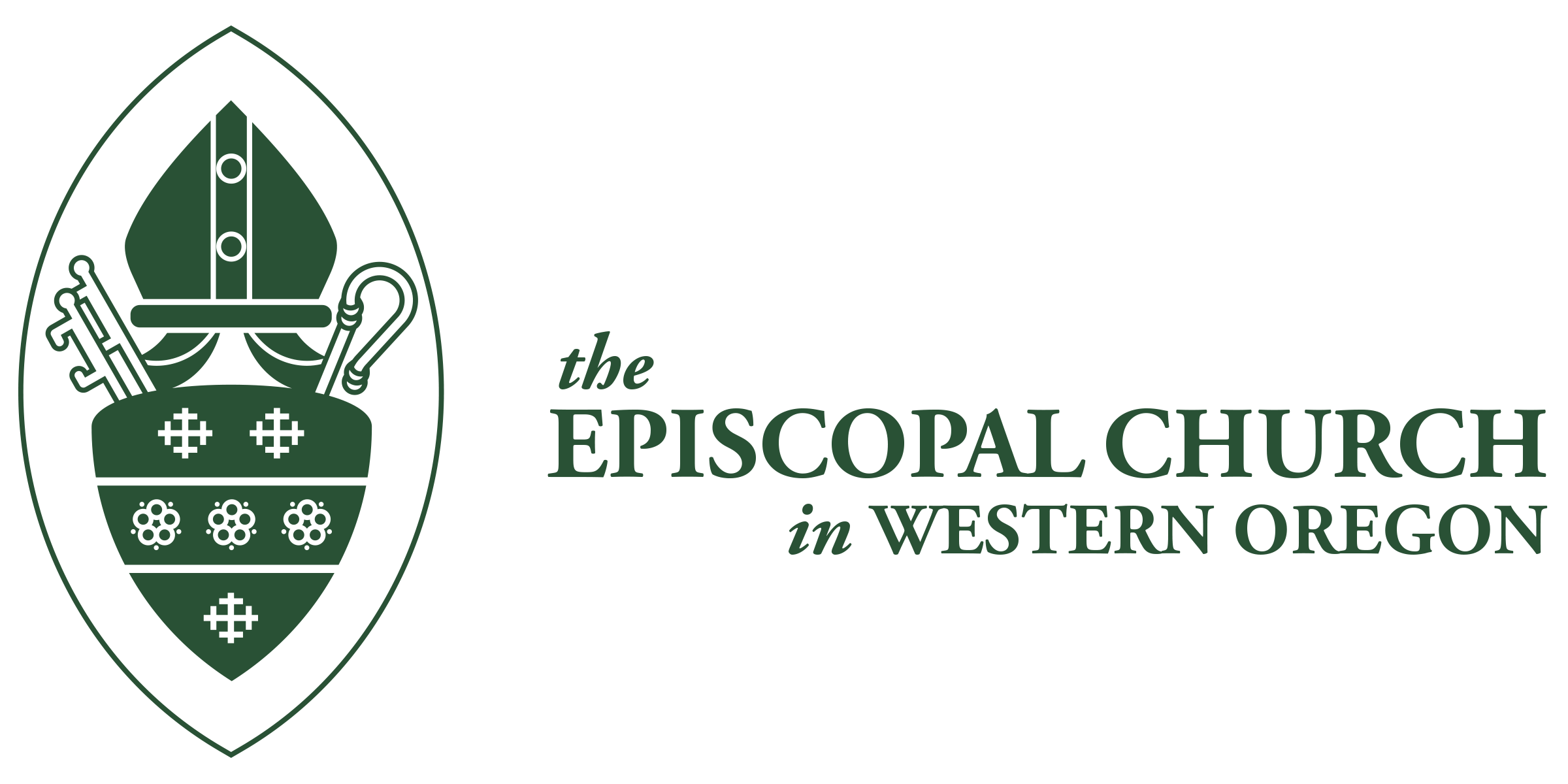Dear Siblings in Christ,
In this Sunday’s lectionary readings, we encounter several expressions of God as the source, the center, and the fulness of life. “For with you is the fountain of life; in your light we see light” (Psalm 36:9). The diversity and beauty of human life in God are derived from the “same Spirit” (1 Corinthians 12:11). In many places in our Scriptures, the breath of God is described as the animating force of all life. As we live in the world as messengers of God, we are called to become the breath of God for the world.
Breath is life. When we breathe in, we call it, among other things, inspiration. To breathe, to live, is thus to inspire. When we breathe out, we call it, among other things, expiration. To breathe, to live, is thus to expire. Inspiration and expiration. We use these words, inspiration and expiration, in other ways, too, of course. When someone dies, for example, we sometimes say that they have expired. We used to sometimes put mirrors under someone’s nose who was close to dying, to see if they were breathing. Breathing marks life, as its absence marks death.
When, through some act of ministry, discipleship, mentorship, or friendship, someone impassions another person to action, thought, or conviction, we say that she inspired him. Inspiration in this sense marks passion, another word that we associate with vitality. To be passionate sometimes means to be most alive, to be maximally alive. The Latin passio also means to be acted upon, to have something done to you, in the same way that we sometimes say that I have been inspired—someone has inspired me.
So, too, does our tradition teach and discipline us. In Genesis God breathes life into Adam through his nose. The breath in our nostrils is the breath of life, the breath of God. The Psalms and Job talk about God’s breath as a locus of God’s power and agency in the world. We Christians sometimes also call the Holy Spirit the breath of God, and we say that we and our scriptures are inspired by the spirit. The breath that is in us is God’s own breath. Inspiration is thus something that we can undertake reflexively—that is, inspiration is the act of breathing—as well as something that can be done unto another—that is, to inspire someone else, to give breath to someone else.
I think—I hope—that we consider ministry and our life in God together as inspiration for the world. And we often enough talk about inspiration and serving the world in the same breath, where we usually mean that inspiration that impassions, enlivens, makes newly alive. There is also another kind of inspiration, a wilder one.
Inspiration is, in this other way, not about giving breath to others, but about making room for others to breathe. Inspiration is making room for others to breathe. We live in an often breathless world, filled with endless noise and endless talking. In all of that breathlessness, it becomes difficult to be simply present in this space now. So if my life in ministry is just as breathless as the rest of the world—if I fill every moment of my ministry with noise and activity and talking—I make it difficult for others to be present, because I have not made room for them in their whole person to be present, and because I have not marked out that space as a separate space, set apart, from the noise of the world. We need room to breathe. What my community needs, more often than not, is to be a whole-note rest, a time for us to catch our breath, to find our breath, to be present. A time for me to do the same. To inspire one another and those we serve, often the best we can do is make our community what T.S. Eliot calls “the still point of the turning world,” to make room for others to breathe. The act of stillness can itself be an epiphany.
Inspiration understood as making room for others to breathe is an act of empowerment. This way of inspiration invites us into a deeper sense of presence, to ourselves, to others, and to the work of God in the world. Taking the time to rest, to pause, and only to breathe for a few moments, can reorient us to our space, can eventually reorient our whole life together. This way of inspiration can be done almost silently, but never breathlessly.
